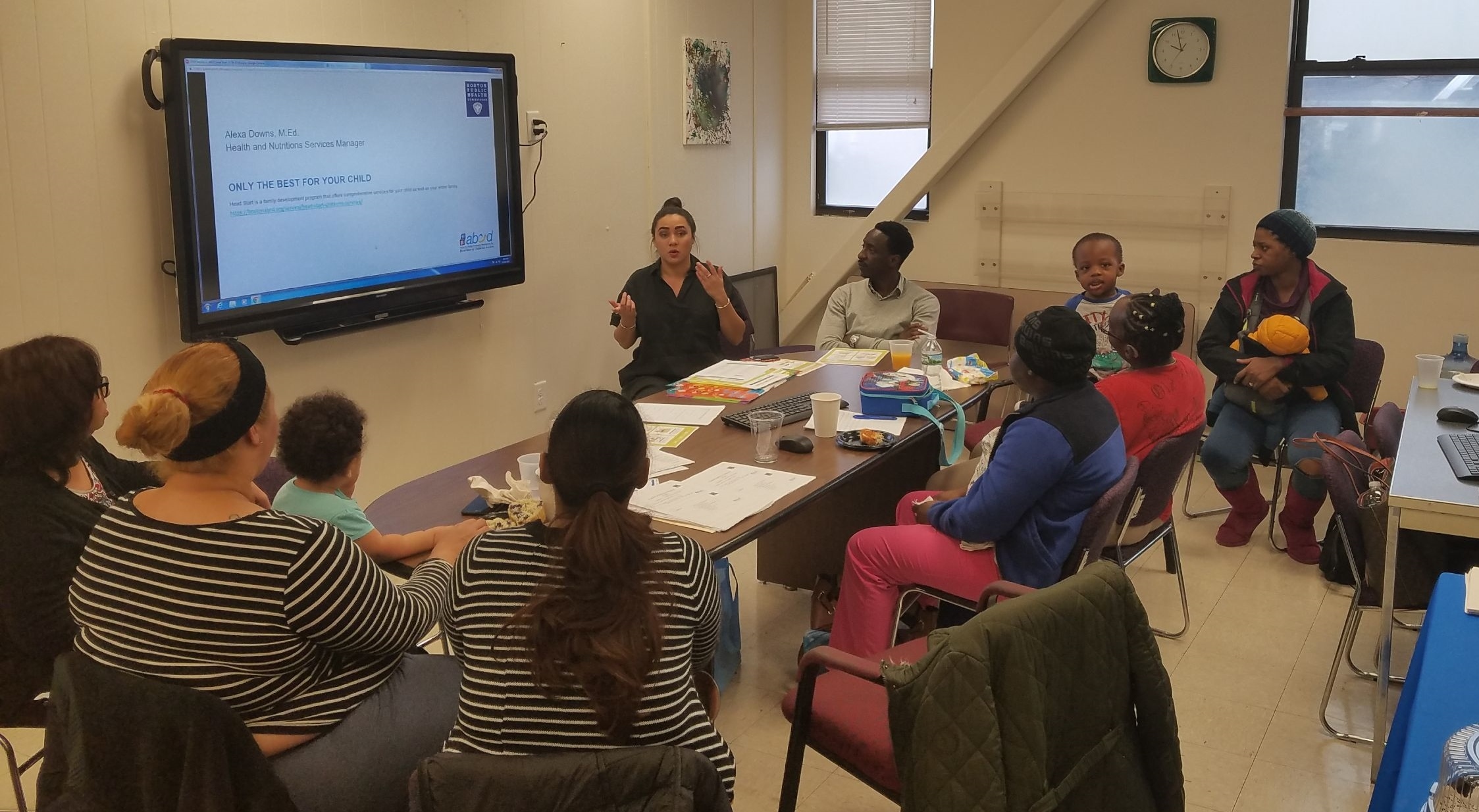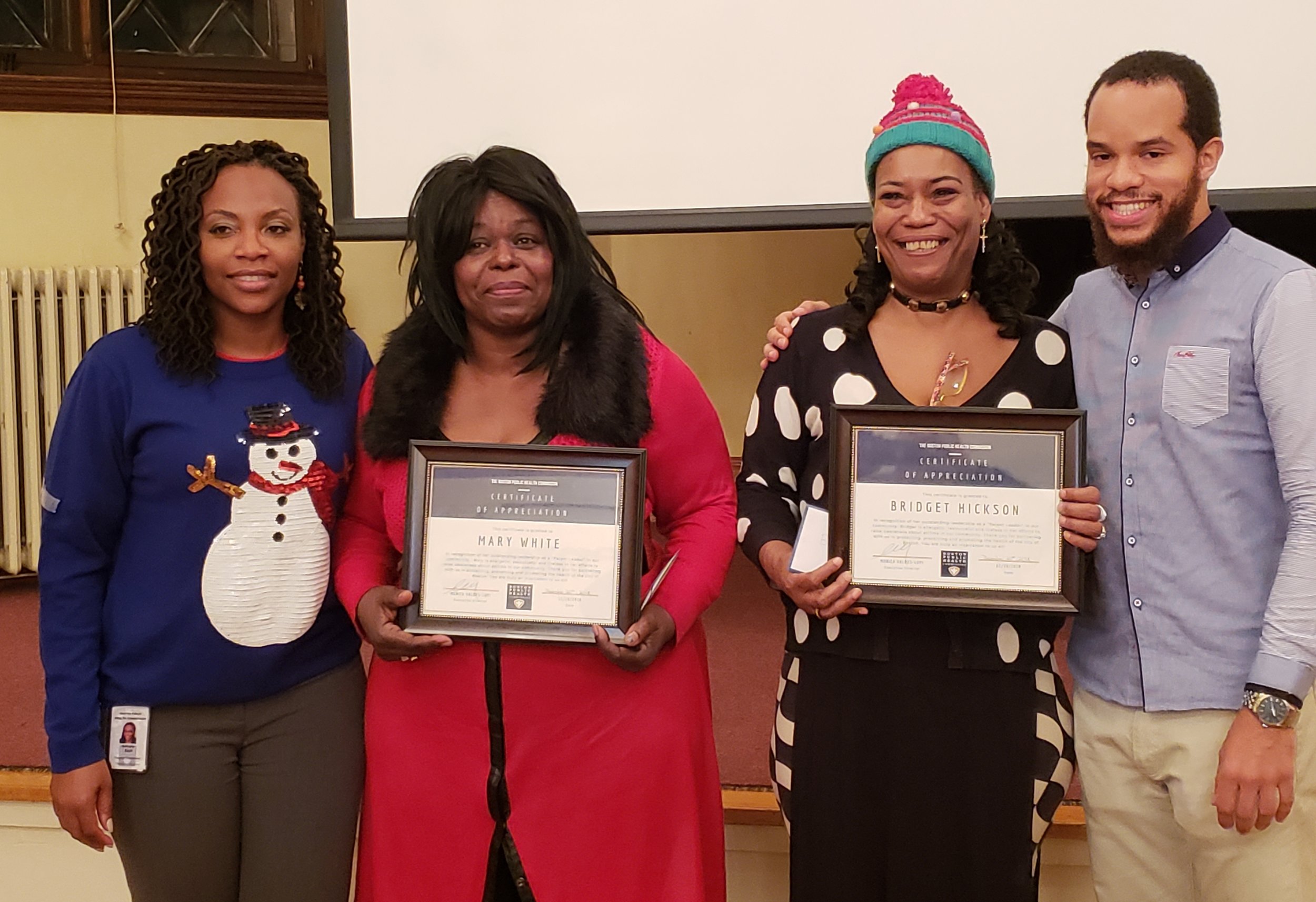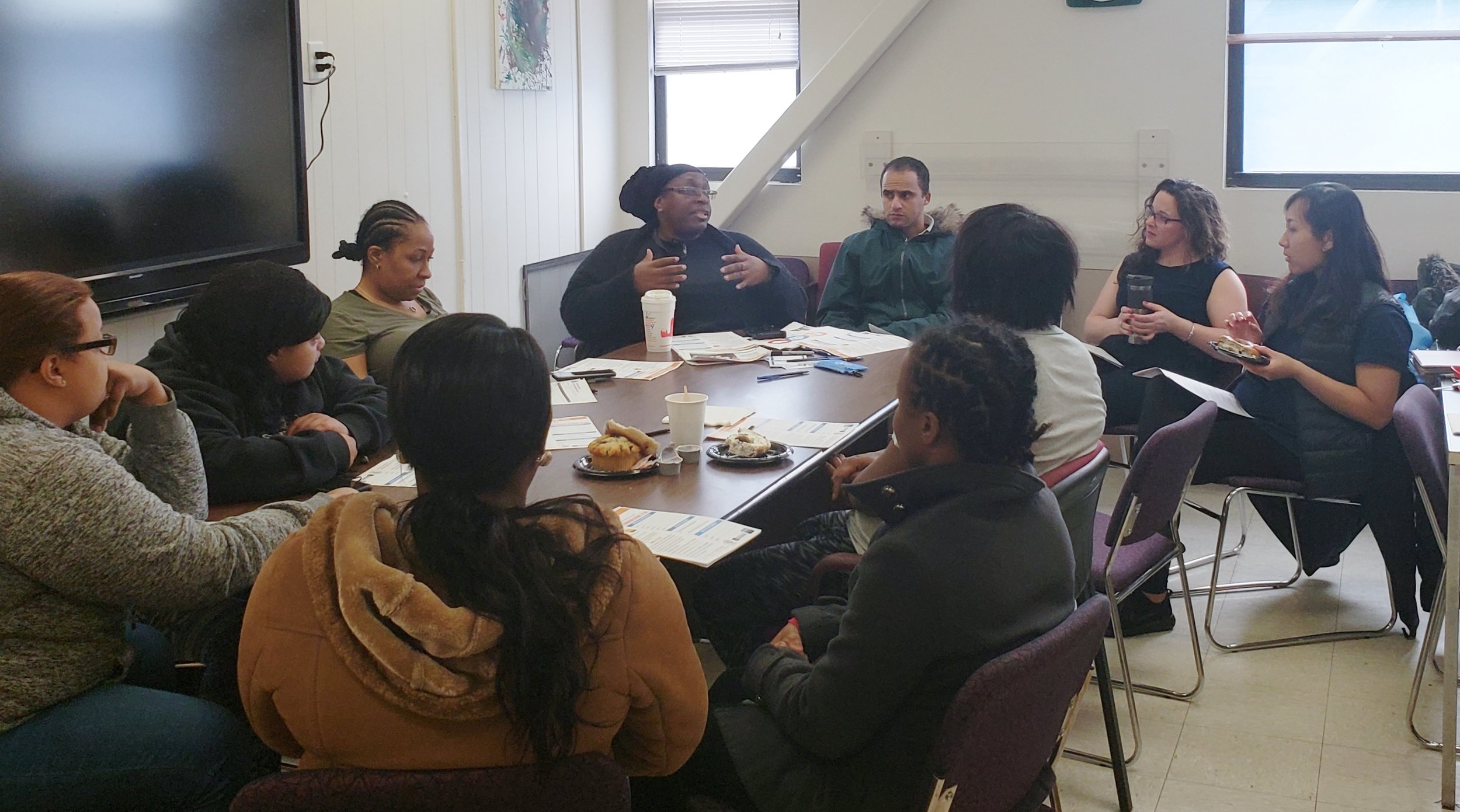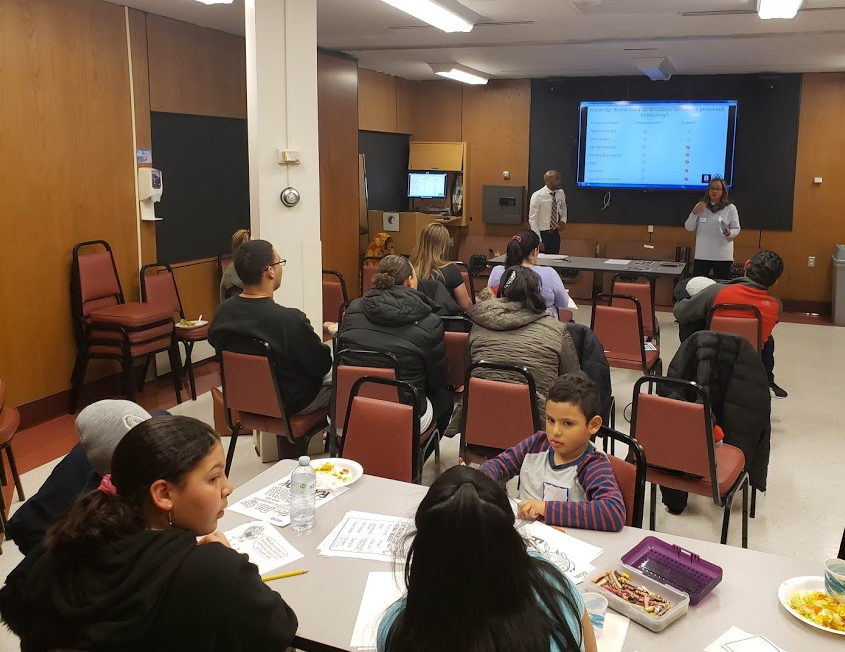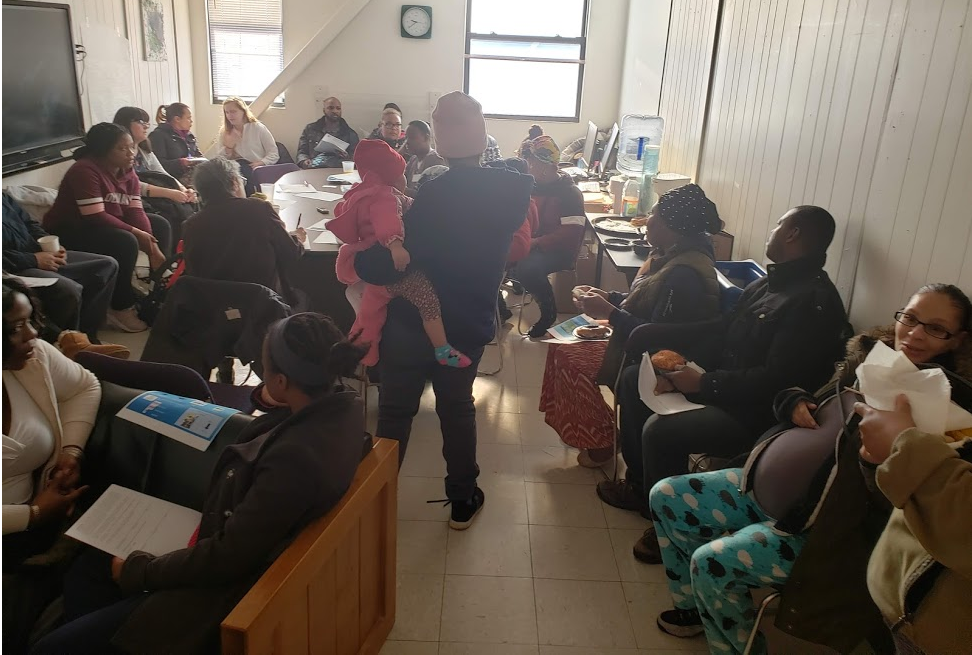Member Spotlight: Expansion of the Springfield Healthy Homes Asthma Program
/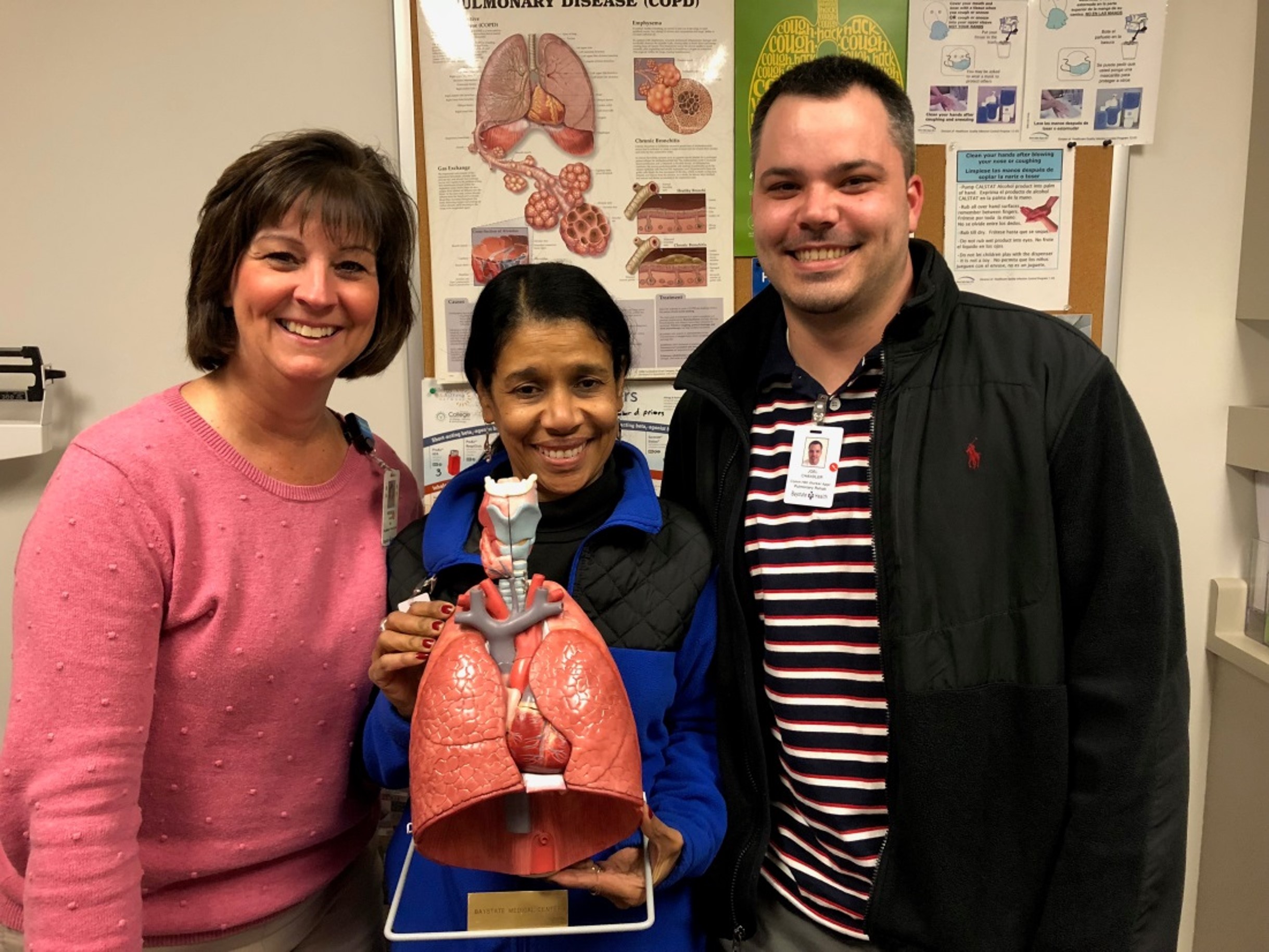
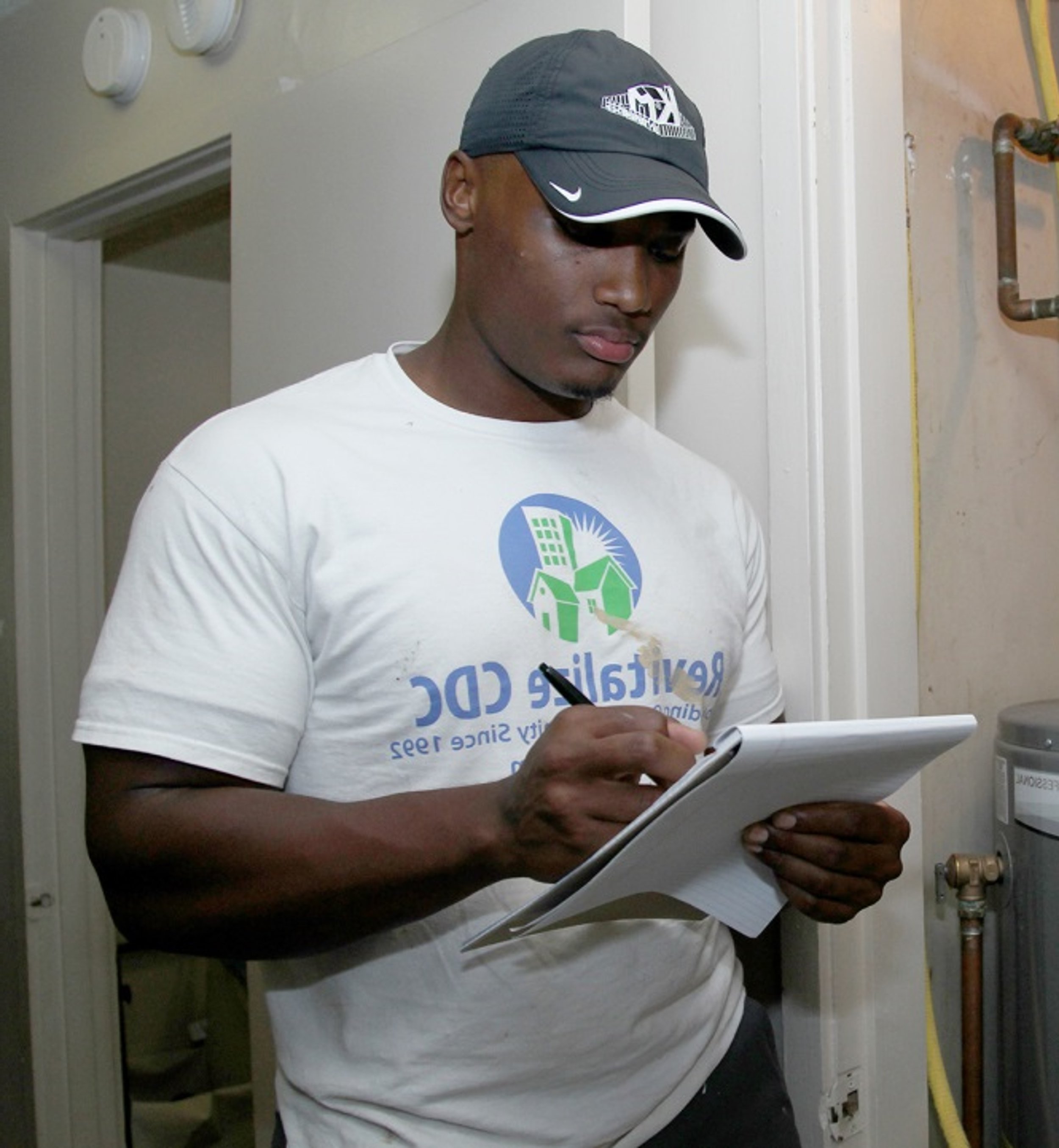
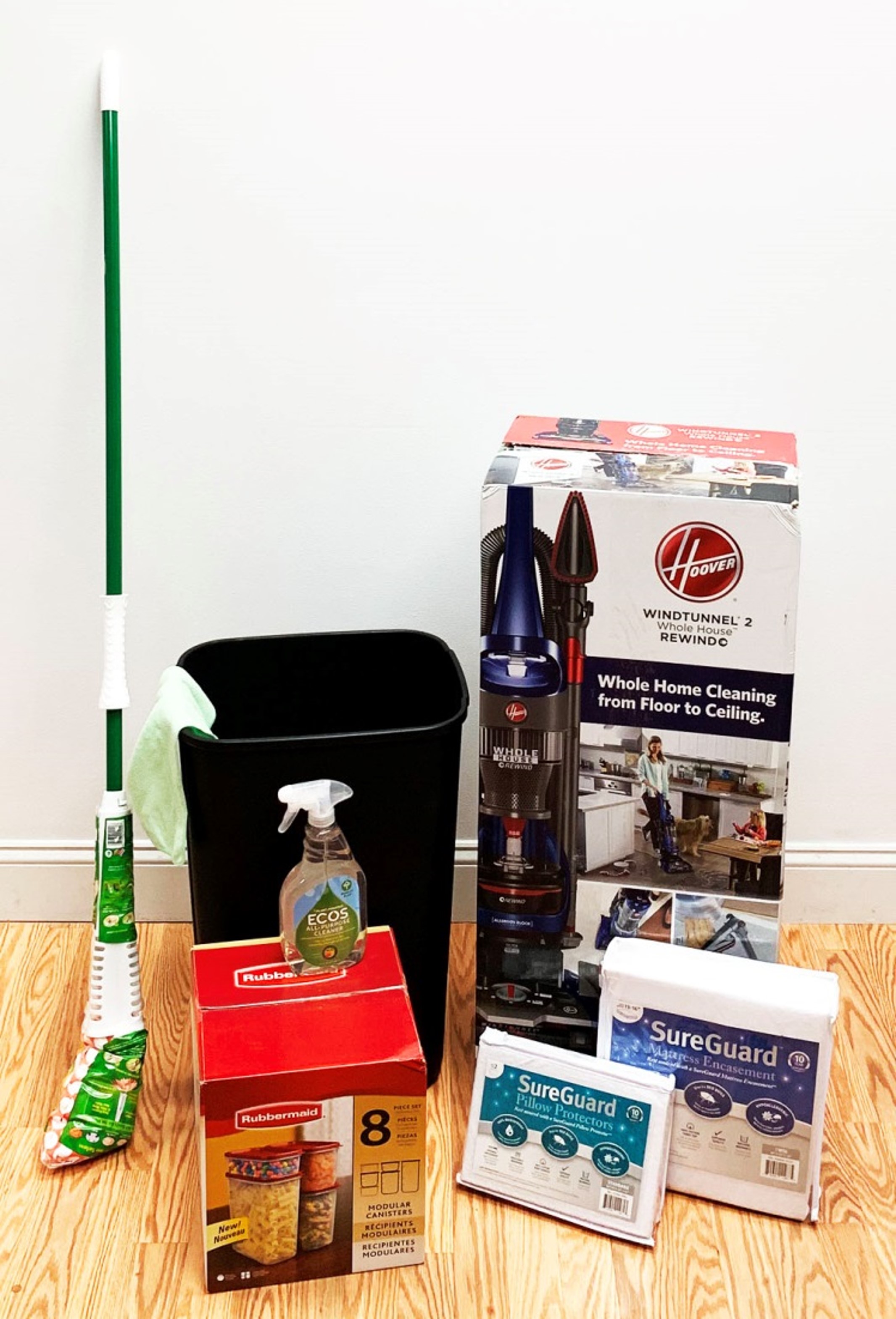
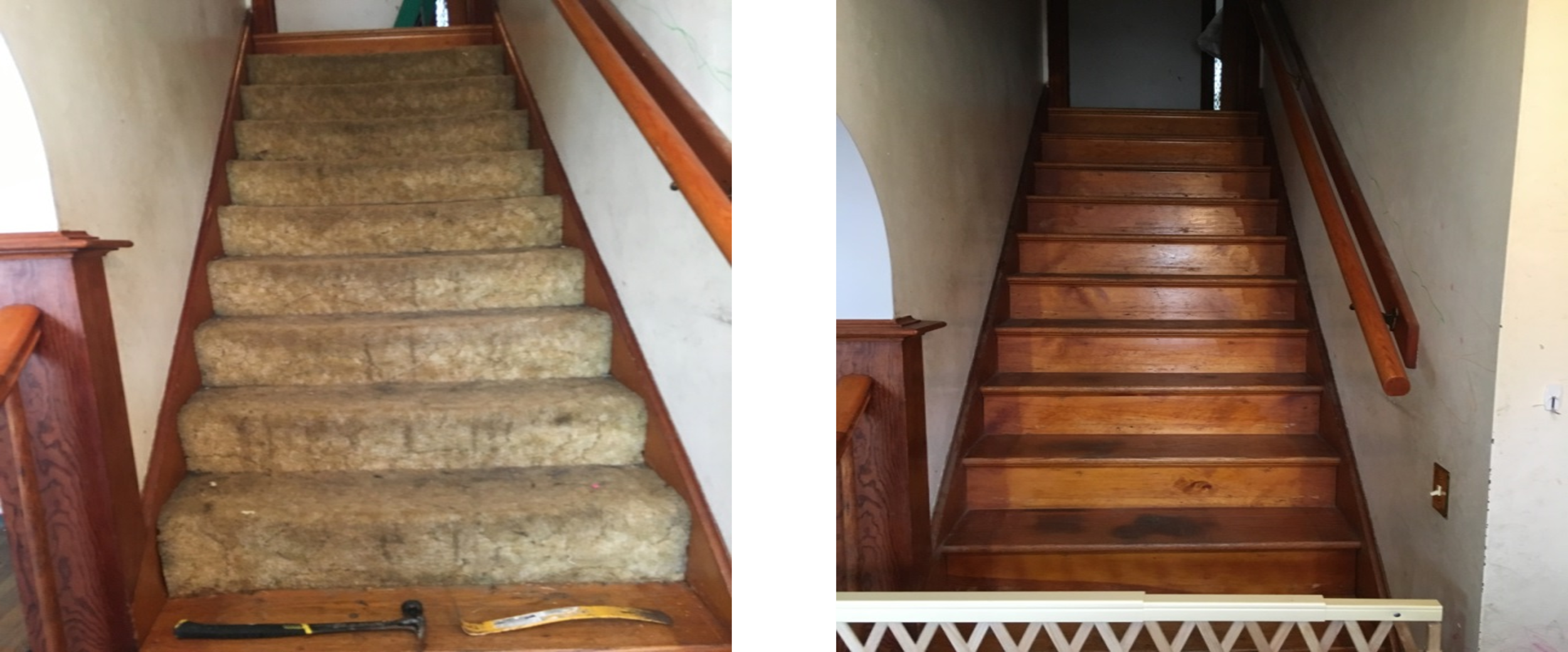
Regrettably, Springfield, MA has been designated the top Asthma Capital for the second year in a row by the Asthma and Allergy Foundation of America. It is one of 100 most challenging place to live in with asthma, in the nation. Many unfavorable circumstances contribute to the greater Springfield area’s high asthma prevalence and burden, including:
Geographical location in a valley where both pollen and carbon dioxide collect;
Heavy interstate traffic and commercial pollution;
Old housing stock;
Lack of access to short- and long-term healthcare services; and
Poverty.
The Springfield community has a long history of combating asthma, and over the years, has been able to develop diverse partnerships, combine resources and build capacity to address the high rates of asthma. Most recently, Baystate Health Care Alliance/BeHealthy Partnership ACO received a SHIFT-Care Challenge grant award from the Health Policy Commission to expand the Springfield Healthy Homes Asthma Program. The program’s goal is to improve the quality of life for people living with asthma and reduce asthma health care costs by reducing hospitalization and emergency department visits through implementation of an evidence-based home visiting and home remediation service.
The health and housing sectors have been working together for many years but have not had significant funding to do something at a broader level. This new funding brings partners together to form an innovative collaborative to implement an evidence-based intervention. BeHealthy Partnership, an Accountable Care Organization, is joining together with community organizations from the greater Springfield area to refer patients for the Springfield Healthy Homes Asthma Program’s home education and remediation services. Revitalize Community Development Corporation is the lead housing service provider that will be providing critical repairs and rehabilitation to homes with additional support and services from other community partners. Other partners in the collaborative include:
University of Massachusetts Medical School – Baystate;
Public Health Institute of Western Massachusetts;
Pioneer Valley Asthma Coalition;
Baystate Medical Center’s Pulmonary Rehabilitation Department;
City of Springfield Office of Housing;
Springfield Partners for Community Action; and
Green & Healthy Homes Initiative.
The expansion of the Springfield Healthy Homes Asthma Program will serve 150 families with home-based asthma education and self-management support (e.g., proper use of medications), as well as home assessment and repair for conditions that contribute to asthma flare-ups. The new funding enables Baystate’s Pulmonary Rehabilitation Department to hire two community health workers to conduct the home visits and asthma education. Over the 18-month project, patients will receive 3-4 home visits and families will also receive supplies such as anti-allergen pillows, mattress protectors, and green cleaning kits. BeHealthy Partnership patients who have been hospitalized or have had multiple emergency room visits in the last year for asthma, are eligible for the services.
Springfield has one of the largest and oldest housing stocks with a high need for remediations. The cost of housing repairs and maintenance can be prohibitive for families and overtime the housing stock has significantly deteriorated due to moisture, mold, pests and other housing conditions that can trigger asthma and lead to other health problems. Through the expansion of the Springfield Healthy Homes Asthma Program, the collaborative is hoping to address unhealthy homes as one of the root causes of poor asthma outcomes. Through a series of data collection and evaluation, they are hoping to show the sustainability of this intervention and make the case to keep it going. By leveraging its community assets and persistence in combating poor asthma outcomes, Springfield has become an active leader in mobilizing communities and continues to find innovative ways to improve asthma outcomes for families.
Congratulations Springfield!



